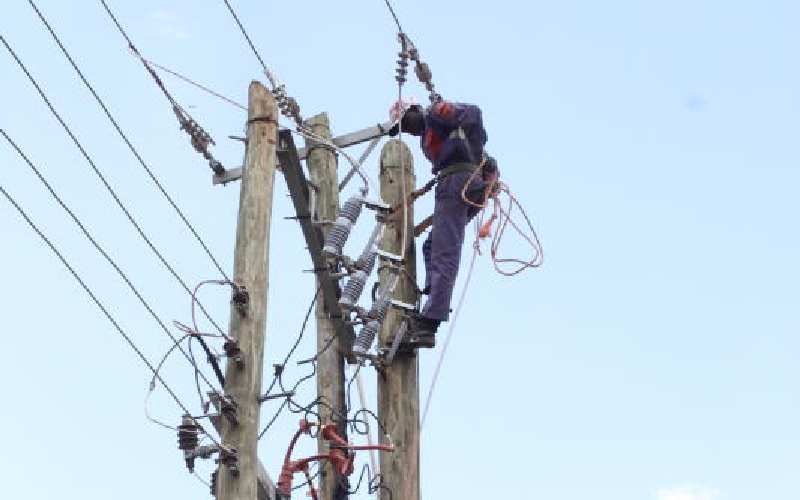×
The Standard e-Paper
Kenya’s Boldest Voice

Engineers from Kenya Power and Lighting company repair electricity near Uhuru Park on October 27, 2021. [Collins Kweyu, Standard]
Ex-Kenya Power senior executives will face fresh scrutiny as the utility firm seeks to reopen previous forensic audits on all financial dealings that have cost it billions of shillings.